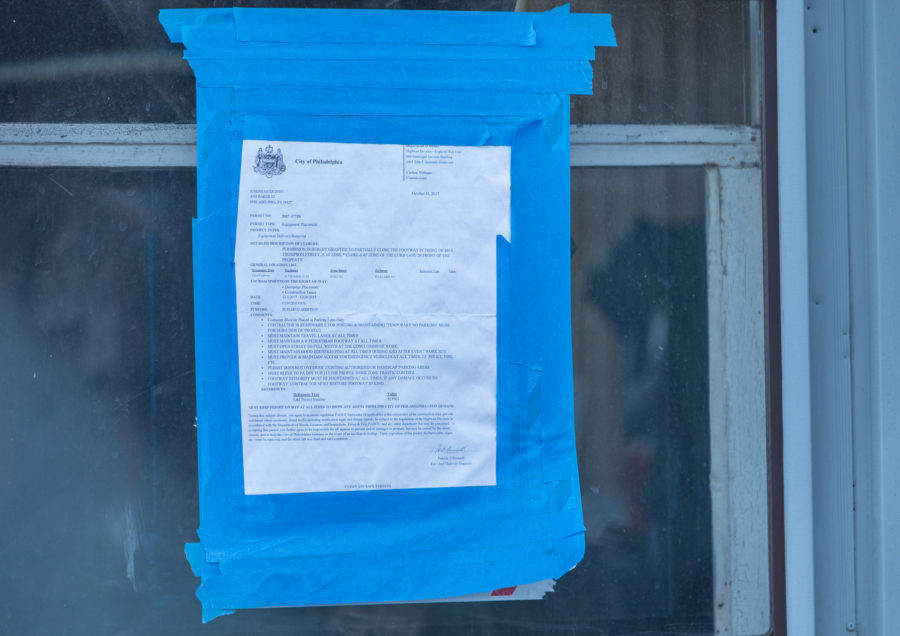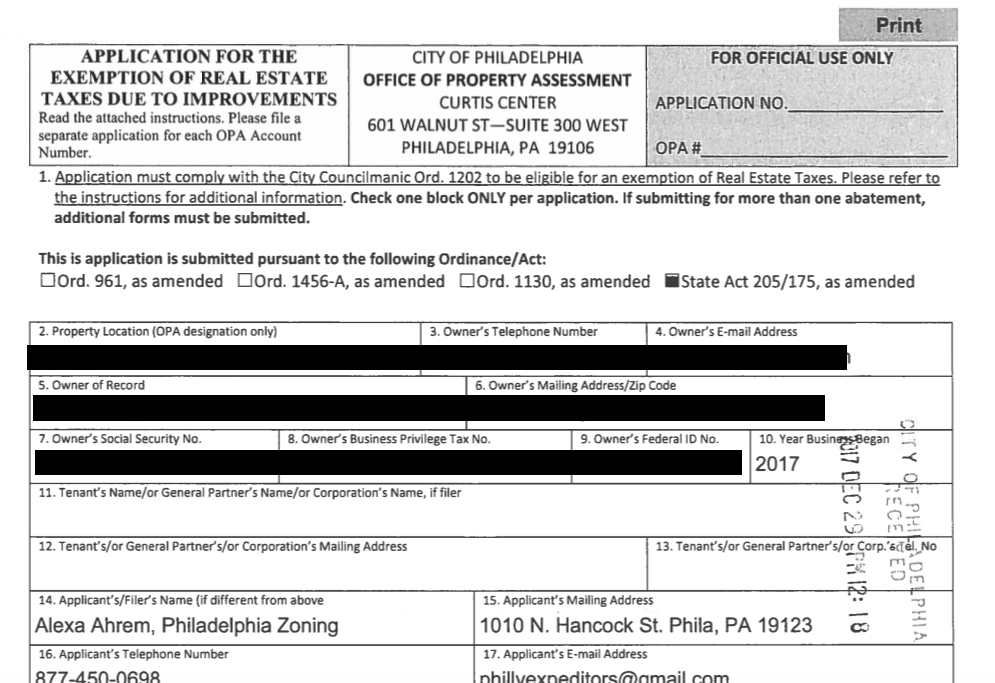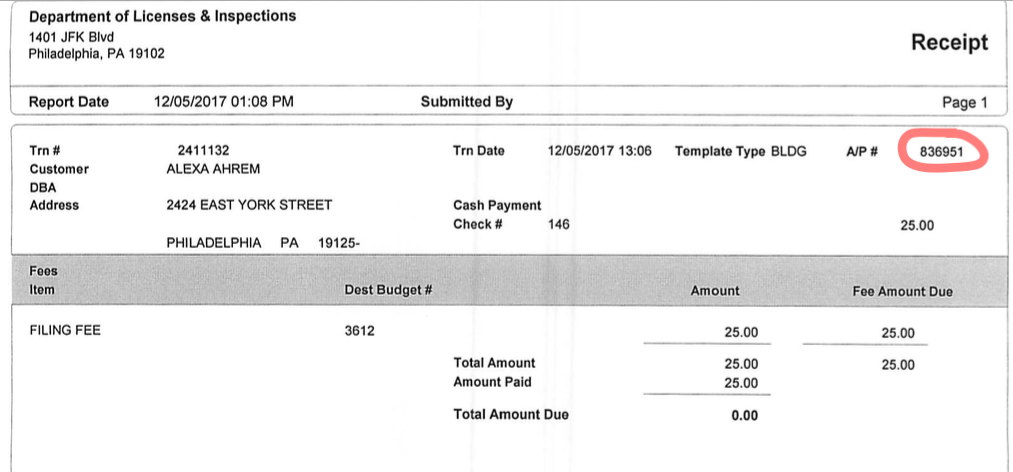
Contractor Woes: What You Can Do to Prevent Them
I cannot tell you how many of our clients run into issues with their General Contractor (or whatever party is in charge of applying-for and obtaining things on behalf of their client). Oftentimes, tracking down a physical building permit is more difficult than Nicholas cage’s voyage in all of the National Treasure movies combined.
I am not saying that general contractors are bad people. I am not saying that they are bad at their job. Generally, they lack filing and tracking systems to maintain organization. However, sometimes general contractors in deed do not do what they say they did. Often, some will claim they ‘applied for your permit’ or ‘applied for your abatement’, when in fact, they are just saying they did. Sometimes this is because they just want to get paid to do the work, and avoid the city’s requirements to be able to start the work.
This lands you in large heaping piles of s*it down the line: When you get slapped with a violation for not having a building permit (or an insufficient building permit that doesn’t match the work), when you have to appeal your tax abatement because it was not filed on-time, and so on.
(These are not good contractors, or they do not have good practices and values. I’d say fire them immediately, but lets give them the benefit of the doubt. I suggest you require them to prove to you they have the necessary permits and documents BEFORE starting any job. Do not take their word for it. This actually causes you more money, more headaches, more time, and more of everything that is bad in real estate in the long run if they fail to execute these very important steps.)
There are simple actions you as the owner or project manager can take to prevent these messes from happening. What it comes down to is there really just needs to be more accountability from your contractors (or responsible parties; sorry for constantly calling-out the contractors.)
I am going to tell you what we at Philadelphia Zoning do for our clients any time we are hired to obtain permits, abatements, or licenses. These simple yet crucial steps and requirements can save you a load of headaches down the line. Try them on for size with your people:
Get the Date-Stamped Copy of Tax Abatement Application
Immediately upon applying for a tax abatement, the city supplies the applicant with a date-stamped copy. Request it! It’s your right. Get the proof. This will save you from having to appeal the abatement refusal down the line because nobody actually applied for the abatement when they said they did. It sounds basic, and that’s because it is. Most of the mistakes, confusion, and issues we see are because of a lack of the execution of the basics that keep the foundation of every project together. Let’s get back to basics.

Get a Copy of the Building (or zoning, plumbing, electrical, etc.) Application Receipt
When you apply for any kind of permit, L&I supplies you with a receipt on the spot. If your contractor (or whomever applying on your behalf) indeed applied, they should easily be able to supply you with a copy of this receipt.
On the receipt is the permit application number, which is another important piece of information you want immediately. When you have the permit application number, you can track the status of the application yourself if you so wish by using L&I’s handy dandy permit tracker.
Get Digital Copes of the Plans
Sometimes, the contractor is in control of retaining the architect, or whatever design professional, to create the plans. Make sure you request a digital copy of all of the plans. I’ve seen clients that wind up not having a copy of the plans that they paid for, and sometimes not even knowing what design professional worked on the project. This is a problem, especially if the permits somehow get fudged along the way. You may need to re-apply for the permits, and you are going to usually need the plans to do so. To avoid having to pay another design professional to draw-up the plans from scratch on an as-built structure, just make sure you get a copy of the damn plans!
You don’t have to constantly rely on the word of your contractor, architect, expediter, etc. You can stay on top of things and track the status yourself. This is not about calling people out or accusing them of lying or not doing their job; it’s just accountability and organization. It makes everyone’s lives easier when you know the permit number, have the physical permit, get a receipt, and so on. Plus, there are timeframes for when permits must be utilized by, tax abatements applied for, etc. and if you don’t have the physical pieces of paper or receipts for proof, how will you keep track?
Do you run into any other issues, complications, or gray areas with contractors or other responsible parties that are involved in your real estate projects? Comment below and let us know so that we can tell you about other systems we use to avoid these issues. Or we can help you create systems for yourself to utilize. Philadelphia Zoning’s main purpose is to simplify the zoning and permitting process while being accountable and transparent. We hope to inspire this in others as well.


